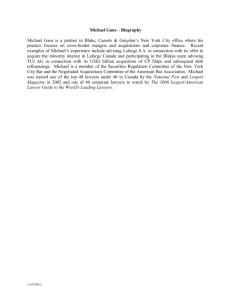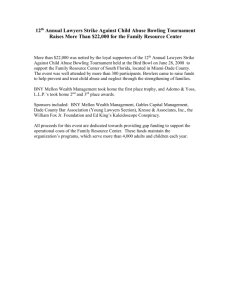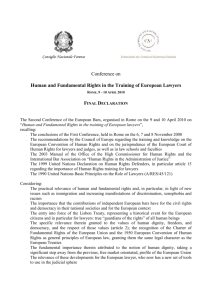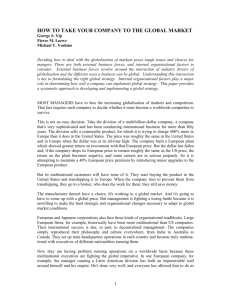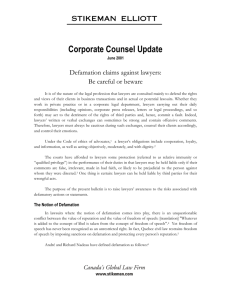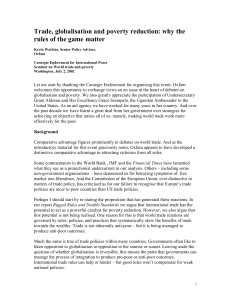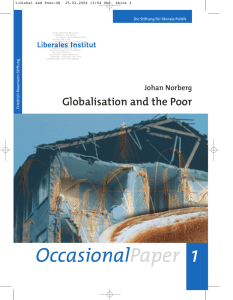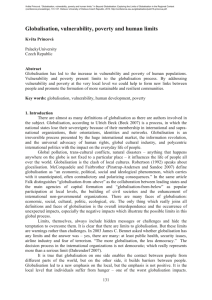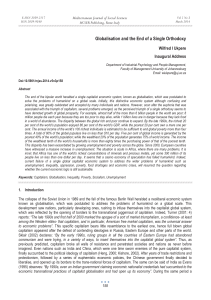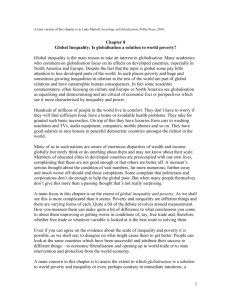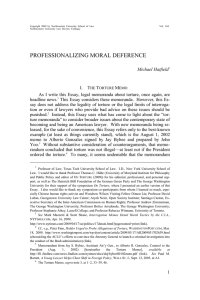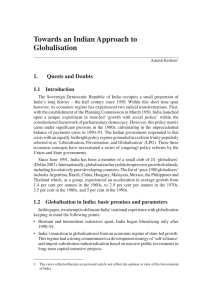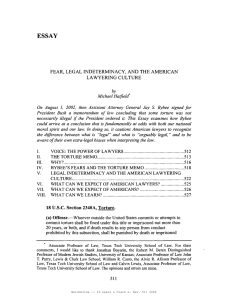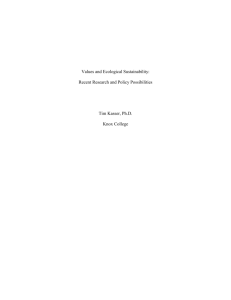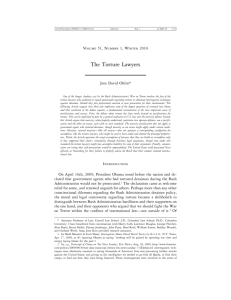Colin Gonsalves is one of the founding members of the
advertisement
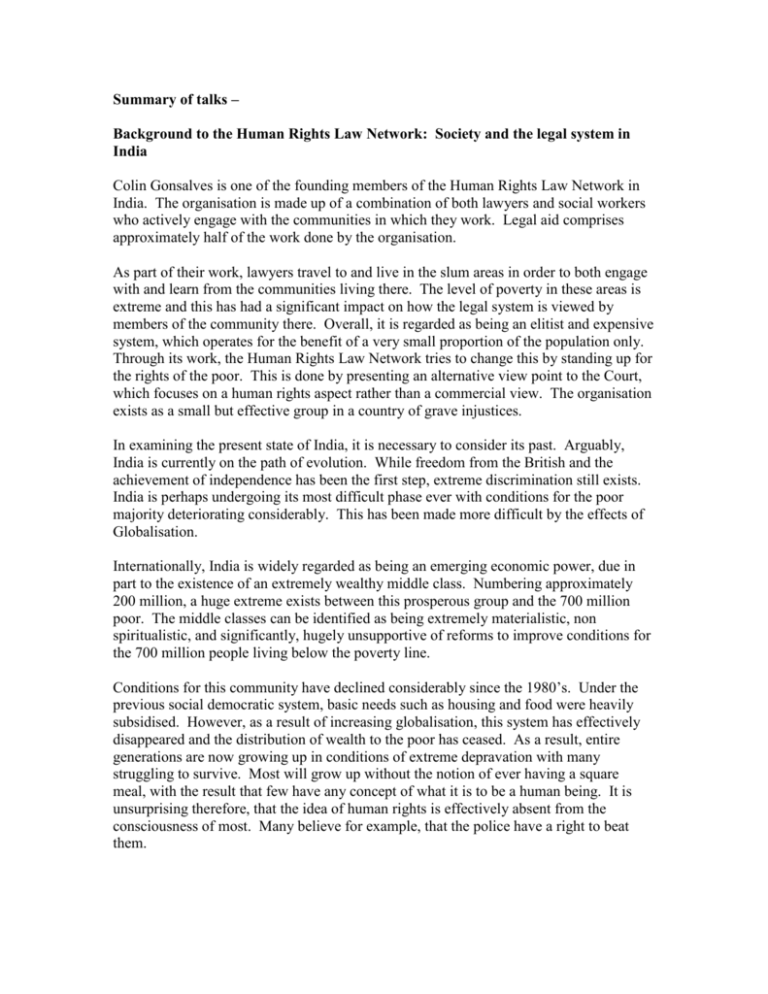
Summary of talks – Background to the Human Rights Law Network: Society and the legal system in India Colin Gonsalves is one of the founding members of the Human Rights Law Network in India. The organisation is made up of a combination of both lawyers and social workers who actively engage with the communities in which they work. Legal aid comprises approximately half of the work done by the organisation. As part of their work, lawyers travel to and live in the slum areas in order to both engage with and learn from the communities living there. The level of poverty in these areas is extreme and this has had a significant impact on how the legal system is viewed by members of the community there. Overall, it is regarded as being an elitist and expensive system, which operates for the benefit of a very small proportion of the population only. Through its work, the Human Rights Law Network tries to change this by standing up for the rights of the poor. This is done by presenting an alternative view point to the Court, which focuses on a human rights aspect rather than a commercial view. The organisation exists as a small but effective group in a country of grave injustices. In examining the present state of India, it is necessary to consider its past. Arguably, India is currently on the path of evolution. While freedom from the British and the achievement of independence has been the first step, extreme discrimination still exists. India is perhaps undergoing its most difficult phase ever with conditions for the poor majority deteriorating considerably. This has been made more difficult by the effects of Globalisation. Internationally, India is widely regarded as being an emerging economic power, due in part to the existence of an extremely wealthy middle class. Numbering approximately 200 million, a huge extreme exists between this prosperous group and the 700 million poor. The middle classes can be identified as being extremely materialistic, non spiritualistic, and significantly, hugely unsupportive of reforms to improve conditions for the 700 million people living below the poverty line. Conditions for this community have declined considerably since the 1980’s. Under the previous social democratic system, basic needs such as housing and food were heavily subsidised. However, as a result of increasing globalisation, this system has effectively disappeared and the distribution of wealth to the poor has ceased. As a result, entire generations are now growing up in conditions of extreme depravation with many struggling to survive. Most will grow up without the notion of ever having a square meal, with the result that few have any concept of what it is to be a human being. It is unsurprising therefore, that the idea of human rights is effectively absent from the consciousness of most. Many believe for example, that the police have a right to beat them. In such circumstances, it is necessary to be aware that the concept of human rights cannot be taught. Formal education does not work so instead, communities must be engaged in movements. Lawyers themselves must become activists and engage in the struggle also. The Human Rights Law Network actively encourages its lawyers to do so. India exists as a country of extremes. Tremendous materialism coincides with Eastern spiritualism, violence with non-violence. While the independence movement was a great struggle, it was only non-violent in part. India today is a very violent place, with high levels of domestic violence and torture by the police. No methods of forensic testing exist when gathering evidence. Instead, suspects are merely caught and beaten until they confess, with torture used as the principle forensic tool. India may be regarded as being a country which does not fit any kind of model. It is both spiritualistic and materialistic, with extremes of wealth and poverty. Significantly however, it is undergoing a period of revolution. While globalisation has widened the gap between rich and poor, much courage exists to fight ongoing injustices, with the legal system being used as a significant tool in this battle.



